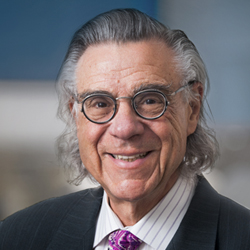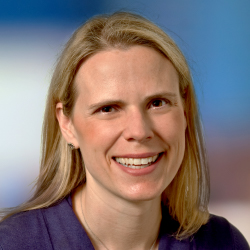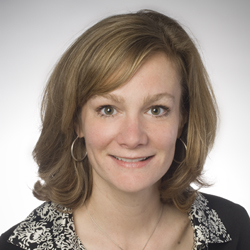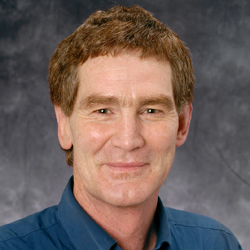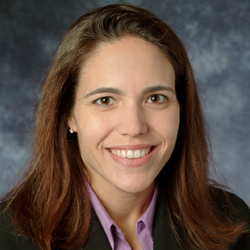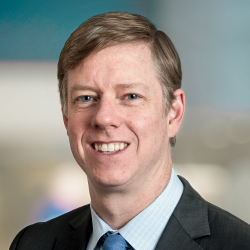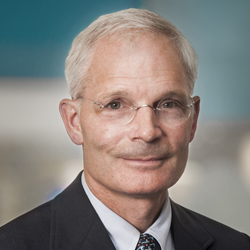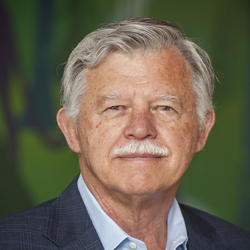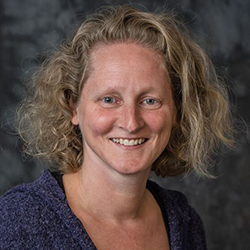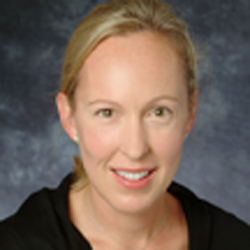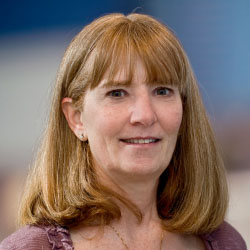Skeletal Health Program
What is the Skeletal Health Program?
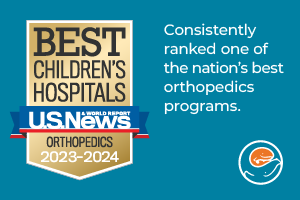 The Skeletal Health Program provides comprehensive care for infants, children, adolescents and some adults who have:
The Skeletal Health Program provides comprehensive care for infants, children, adolescents and some adults who have:
- Dwarfism and other types of skeletal dysplasias
- Metabolic bone diseases, like rickets, osteoporosis, osteogenesis imperfecta and other diseases that cause fragile bones
If a pregnant woman’s ultrasound suggests that her developing baby may have a skeletal dysplasia or related condition, we work with Seattle Children’s Fetal Care and Treatment Center to provide diagnostic and counseling services to her and her family.
We diagnose and treat skeletal conditions, following patients over many years as they grow and their medical needs change. People with dwarfism come to Seattle Children’s for care into adulthood because of our deep expertise and caring approach to their lifelong health and wellness.
Working closely with other teams at Seattle Children’s, the Skeletal Health Program also cares for people with syndromes that may affect the bones and joints along with other body systems, such as Down syndrome, Marfan syndrome and Pfeiffer syndrome.
How will the Skeletal Health Program meet my child’s needs?
We hold clinic 1 to 2 times each week to see children who have a concern about skeletal health, need treatment or want a second opinion. Our program draws many families from around the western United States.
-
Careful, accurate diagnosis
Our specialists have a great deal of experience looking at a child’s physical signs, symptoms, imaging studies, test results and family health history to tell whether they have a skeletal condition and what the cause is. For example, a child who is shorter than others their age might be perfectly healthy or have a gene that caused skeletal dysplasia. They may lack the hormones that help control growth or have a digestive problem.
Careful diagnosis helps ensure your child gets the right treatment – and avoids treatment they do not need.
-
Full range of treatment options
We offer the most advanced treatment options and tailor care to your child. Based on your child’s condition, we may:
- Strengthen their bones with medicines.
- Use hormones to promote growth.
- Help your child manage obstructive sleep apnea.
- Help them adapt to school.
- Get equipment that helps them be active.
- Perform surgery. For children who need surgery on their spine or limbs, our orthopedic surgeons, anesthesiologists and respiratory therapists provide the highest level of care.
All types of treatment your child may need are here at Seattle Children’s.
-
Attention to all aspects of health throughout life
From birth to adulthood, we follow your child’s development and address their changing needs. In their early years, the focus may be on speech, toileting and starting school. By their teen years, the focus may turn to physical challenges that relate to the angles of their bones. At each stage of life, we partner with you, your child and other healthcare providers to take care of your child’s physical, social and psychological needs.
Seattle Children’s Skeletal Health Program has close relationships with:
- Little People of America, Inc., the advocacy and support group for families with dwarfism
- National MPS Society, for families with mucopolysaccharidoses (MPS) and related diseases
- Osteogenesis Imperfecta Foundation
- Camp Korey, which offers camps for children with skeletal dysplasia and metabolic bone diseases
-
A well-coordinated team of experts
To give your child the best possible care and streamline the process for you, our orthopedic surgeons, endocrinologists, geneticists, nurse practitioners and radiologists work together as a team. At a typical visit, you will see 2 types of doctors – such as orthopedists and endocrinologists – at the same time in the same room.
Each week the team from the Skeletal Health Program meets to review cases from the previous week and to plan for visits in the coming week. This way your child’s treatment is based on input from all our specialists.
If your child needs care from specialists in other programs or departments at Seattle Children's, like Neurosurgery or Otolaryngology, we involve them and we help schedule appointments to make it easier for you.
-
Research to improve function and quality of life
We are dedicated to improving care for all children by studying how our patients do over time. Your family has the option to join our patient registry, which means we measure your child’s function and ask about their quality of life on a regular basis for research purposes. This helps us learn more about the best ways to provide care. It also helps us keep you informed about clinical trials or new treatment options that might be right for your child.
Seattle Children’s was part of an international panel of experts that developed evidence-based guidelines for diagnosing and treating foramen magnum stenosis in infants with achondroplasia, the most common type of dwarfism.
We also research specific treatments for skeletal conditions so children can be healthier and more active.
- Our research on the medicine pamidronate (which slows bone breakdown) showed that children with severe osteogenesis imperfecta were better able to take part in sports and other physical activities after using this medicine for a year.
- Our doctors have also been deeply involved in researching the best ways to treat mucopolysaccharidoses (MPS), including Hurler syndrome (MPS I) and Morquio syndrome (MPS IV). Our work includes research on the benefits of enzyme replacement therapy.
Learn more about current orthopedics research at Seattle Children’s.
Who’s on the team?
Providers in the Skeletal Health Program include:
Teams
Our clinic team also includes a registered nurse who focuses on skeletal dysplasia and a family service coordinator who helps schedule and coordinate your child’s appointments.
